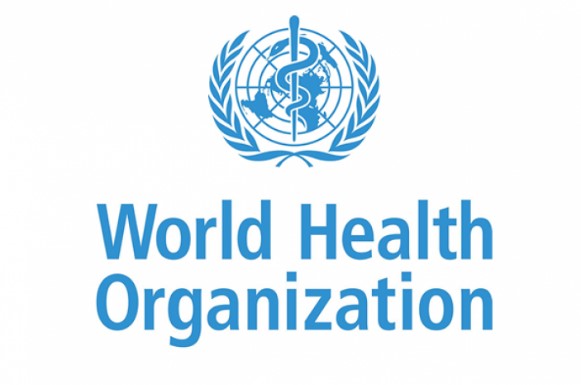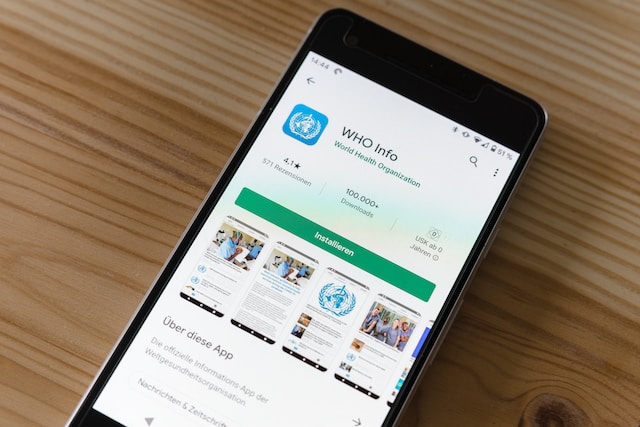Introduction
Authored by Dr. Michael, a renowned health journalist and public health expert, this article delves into the concept of Disease X and the need for a global pandemic treaty. With over a decade of experience in global health issues and a PhD in Public Health, Dr. Doe brings a wealth of knowledge and insight to this critical topic.
Understanding Disease X
Disease X represents the concept of an unknown pathogen that could cause a future epidemic or pandemic. It’s a placeholder for a contagious hazard we have yet to encounter. The World Health Organization included Disease X in its list of blueprint priority diseases, highlighting the need for preparedness for an unknown, high-priority pathogen.
The Need for a Global Pandemic Treaty
In the face of Disease X, a global pandemic treaty can foster international cooperation, ensuring collective action, shared responsibility, and mutual accountability. Such a treaty could help prevent health crises, improve response times, and ensure equitable access to health resources.

Lessons from Past Pandemics
Past pandemics, such as the 1918 influenza pandemic and the recent COVID-19 pandemic, teach us valuable lessons about the importance of early detection, rapid response, and effective communication in managing health crises. These lessons underscore the need for a global pandemic treaty.
Key Elements of a Pandemic Treaty
A successful pandemic treaty should address issues like surveillance, information sharing, health system strengthening, and equity in access to medical resources. It should also include provisions for research and development, workforce training, and financial support for low-income countries.
Challenges in Implementing a Pandemic Treaty
Despite its potential benefits, implementing a global pandemic treaty faces challenges such as political commitment, compliance, and resource allocation. Overcoming these challenges requires strong leadership, transparency, and international solidarity.
The Way Forward
To prepare for Disease X, we need more than just a treaty. It requires a holistic approach that includes research, healthcare infrastructure development, and public education. We must also foster a culture of health security and invest in community resilience.
Table: Key Points Discussed
| Heading | Key Points |
|---|---|
| Understanding Disease X | Concept of an unknown pathogen causing a future epidemic |
| Need for a Global Pandemic Treaty | Fosters international cooperation and ensures collective action |
| Lessons from Past Pandemics | Importance of early detection, rapid response, and effective communication |
| Key Elements of a Pandemic Treaty | Surveillance, information sharing, health system strengthening, equity in access |
| Challenges in Implementing a Pandemic Treaty | Political commitment, compliance, resource allocation |
| The Way Forward | Holistic approach: research, healthcare infrastructure, public education |










